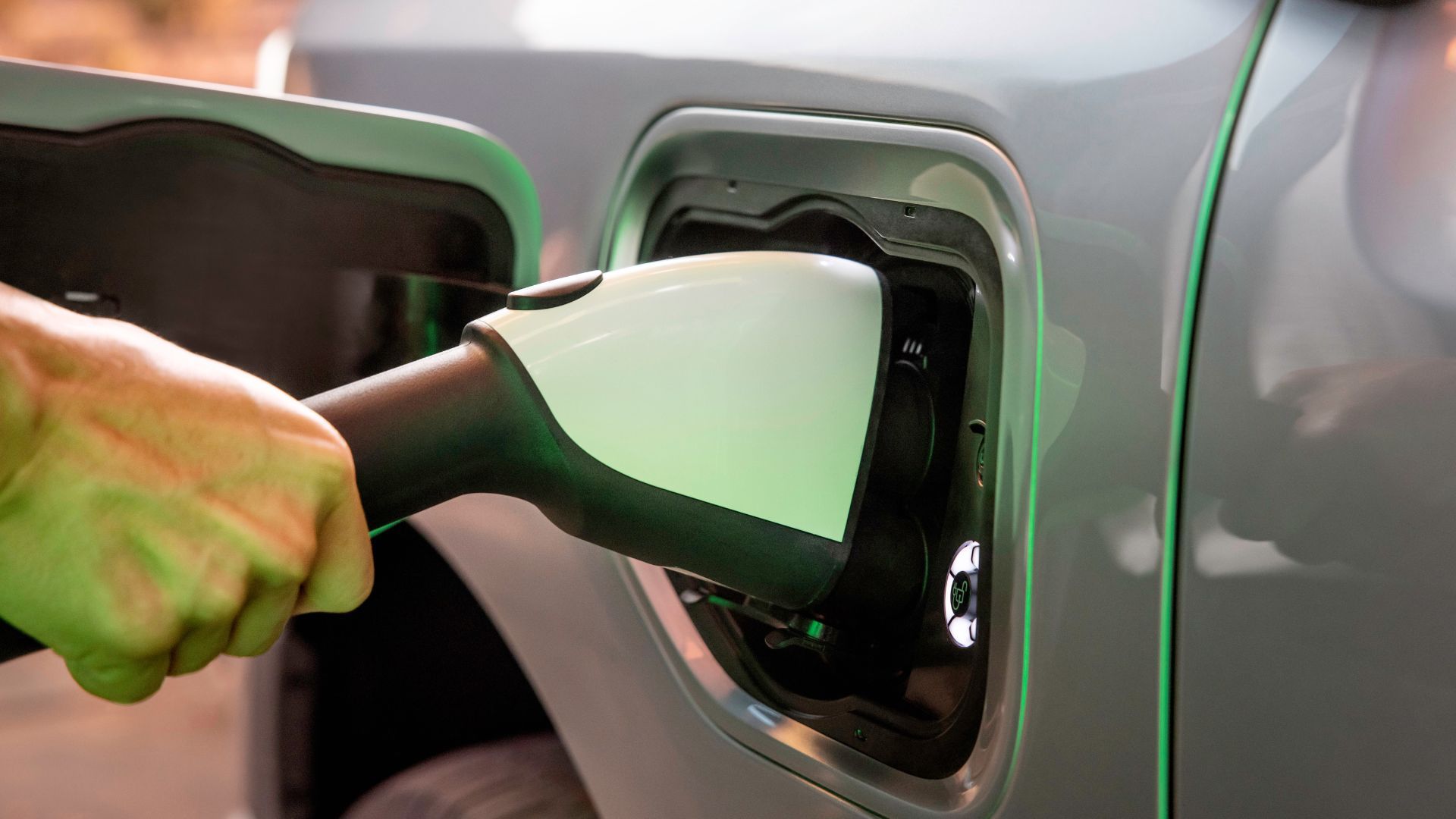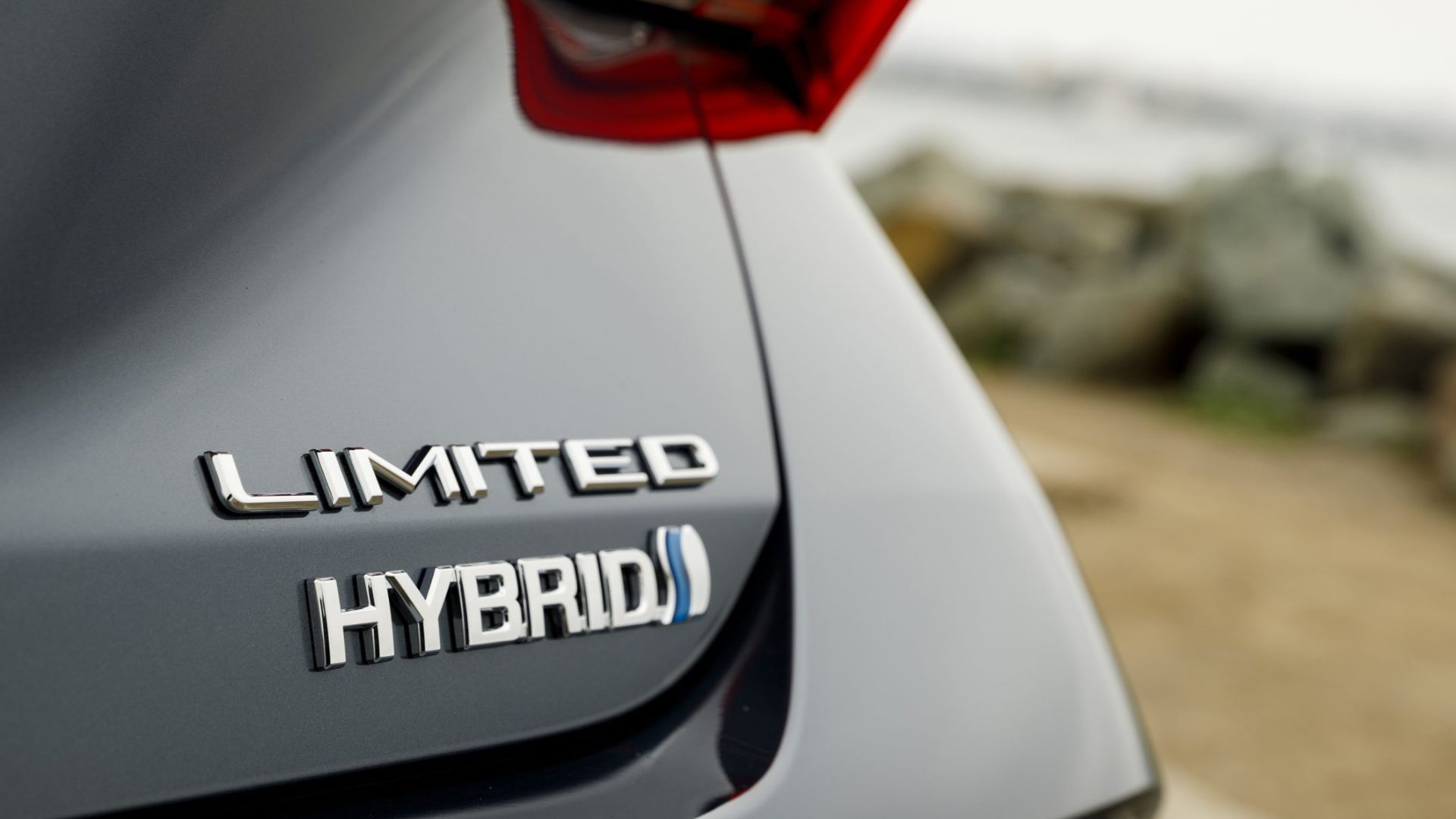Ending ICE isn’t going as planned…
If you haven’t been following international political news lately, the 48th G7 summit wrapped up on June 28. When it came to the future of the auto industry, the stakes were high with leaders pushing for a “collective goal of at least 50% zero-emission vehicles by 2030.” To be clear, zero-emissions means battery-electric or pure-electric cars, not hybrids. A report from Reuters indicates Japanese officials weren’t on board with the proposed draft of the resolution, specifically that stated zero-emissions target. And they were successful in getting it changed.
Read what happened to Johnny Depp's 'Cry Baby' motorcycle here.
Also, if you haven’t been following Japanese domestic automotive news, environmentalists have accused the industry on the island nation of being too slow in its adoption of zero-emission vehicles. That might come as a surprise since in the past Japanese brands have often been at the forefront of fuel efficiency. Also, that weariness on the part of the Japanese should be a reason to stop and consider what the other six nations are daring one another to do and why.

According to Reuters, the largest automaker in Japan, Toyota, lobbied the government to take a hard stance against the stated zero-emissions target at G7. That included letting the other global leaders know the country will support hybrids as much as pure-electric vehicles. Rabid environmentalists see such a compromise as a surefire way to kill the planet, despite their continued prophecies of global catastrophe coming and going without incident, because this time it will happen for real.
Reuters reports Japanese officials wanted to replace the goal of 50% zero-emissions vehicles by 2030 with “significantly increasing the sale, share and uptake of zero-emission light duty vehicles recognizing the range of pathways that members are adopting to approach these goals.” That could be interpreted many ways, which is probably the point. As stated before, Japan’s efforts were successful, probably because the country is highly influential and key for the global automotive industry.

As you might imagine, climate activists weren’t happy with the result. After all, many have taken a no-compromise stance thanks to strong beliefs about apocalyptic results for our collective environmental sins. Just like with about everything these days, some media outlets blamed the changed statement on the war in Ukraine, more specifically on the dwindling supply of fossil fuels flowing from Russia to Europe. If only someone had warned German officials about becoming overly dependent on Putin for energy years ago.
The final result of combatting climate change was that G7 leaders announced the creation of a “Climate Club.” Sadly, it’s not a cheesy kids’ show nobody will watch – that would at least generate some cool memes. Instead, it involves the seven nations working together in coordinated fashion to achieve “climate neutrality” by 2050. In other words, they punted the football, letting people in the future deal with the continued prognostications of world-ending events because you dared drive your ICE vehicle to work.
Source: Reuters
Images via GM, Ford, Toyota





